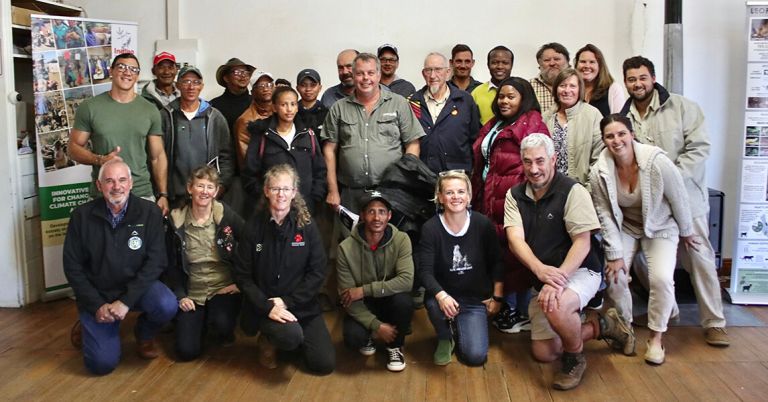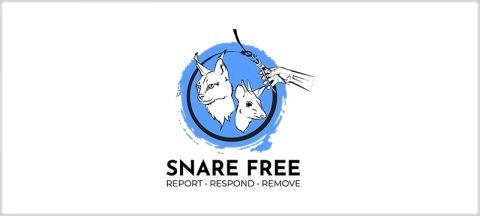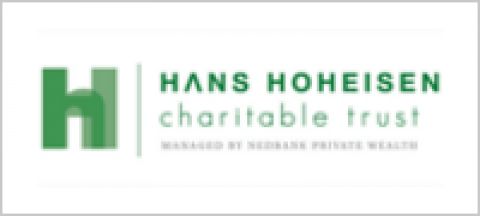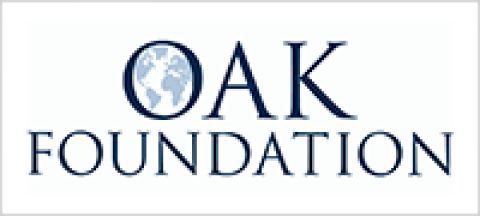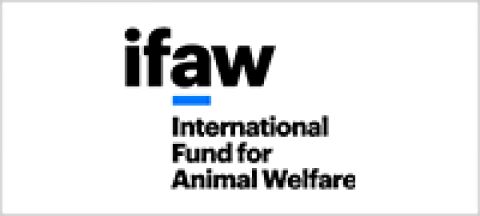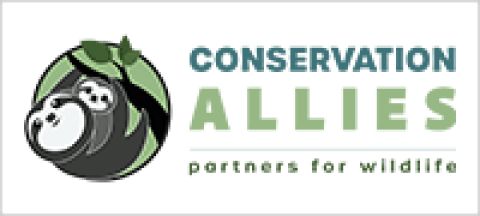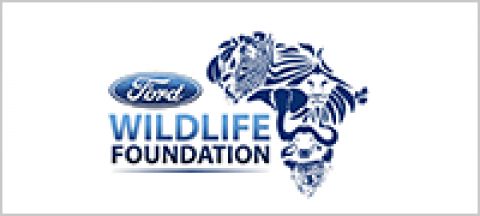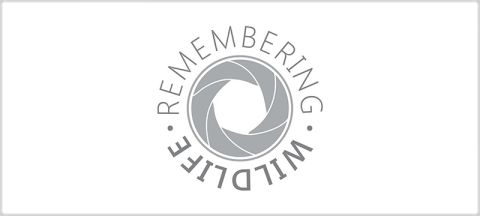By Mandy Schumann & Cape Leopard Trust
The Bokkeveld Plateau – the high-lying escarpment that stretches from the northern Cederberg to north of Nieuwoudtville – is world-famous for its bulbs and carpets of spring blooms. However, the custodians of this floral diversity are mostly commercial livestock farmers living in a landscape shared not only with flowers, but predators too. Natural areas and the presence of wildlife on farms are of huge benefit to most aspects of the farming operation, but when livestock farming takes place in the same landscapes where predators occur, conflict can arise.
Caracal, black-backed jackal and leopard roam these expansive and rugged farmlands, and continued livestock losses can challenge even the most patient, conservation-minded farmers. Leopards have made headlines on the Bokkeveld Plateau twice in the past two years, after two individuals were unexpectedly caught by farmers experiencing livestock losses. The two leopard incidents renewed the dialogue between farmers, the Department of Agriculture, Environmental Affairs, Rural Development and Land Reform (DAERL), and the non-profit organisations with which the DAERL works closely. This led to a Farming with Nature focused workshop that was held in Nieuwoudtville on 9 May 2023. The workshop was a collaboration between the DAERL, the Cape Leopard Trust (CLT), the Endangered Wildlife Trust (EWT), CapeNature and all the farmers who participated in the event. Speakers included Chavoux Luyt from the CLT, Jaco van Deventer from CapeNature and Bonnie Schumann from the EWT.
Evidence presented in the workshop presentations clearly indicated that the use of indiscriminate and inhumane methods like gin traps and poisons only serve to worsen conflict situations in the long run. These methods impact predator reproductive cycles, resulting in predators starting to breed at younger ages and having larger litters. This has been clearly demonstrated for many predator species, including jackal and caracal. Despite centuries of attempted annihilation, these predators are still with us because they are so adaptable – and the pressure exerted by constant persecution forces them to adapt more and more. Practical, non-lethal management strategies are required to sustainably reduce losses to predators. If individuals are removed, this needs to be done extremely selectively as opposed to blanket indiscriminate removal.
The workshop emphasised that there is no silver bullet or miracle cure for farmer-predator conflict, and that tackling the conflict must be done holistically. Managing livestock is far easier and more effective than managing predators. Over the years, a suite of management interventions and technological devices have been developed which can be considered when conflict and losses are experienced on a farm. One of the cornerstones in addressing losses is improved livestock production (e.g., livestock quality, reproductive success) and sustainable land management. Human-wildlife conflict mitigation measures should be carried out in an ecologically responsible, legally compliant and humane manner and should not be detrimental to biodiversity or the reputation of the farming community.
Through the workshop, human-predator conflict specialists Jaco van Deventer and Chavoux Luyt brought invaluable knowledge and decades of experience of different predators across multiple landscapes to the table. When combined with the hands-on knowledge of farmers on the frontline of farming with predators, the workshop demonstrated the value of collaboration, communication and sharing knowledge and resources, and ultimately supported livestock farmers to contribute to food security in South Africa and to conserve biodiversity.
Our sincere thanks to everyone who made this Farming with Nature workshop a success, and to Indigo Development and Change for providing the venue.
For more information
- Cape Leopard Trust Conservation Coordinator: [email protected] (for workshop queries)
- Cape Leopard Trust Community Outreach Officer: [email protected] (for farmer/predator conflict queries)
- Cape Leopard Trust: capeleopard.org.za/
- Endangered Wildlife Trust: ewt.org.za/
- CapeNature: capenature.co.za
- Sustainable land management: karooforever.org.za/index.php/en/resources/#videos

